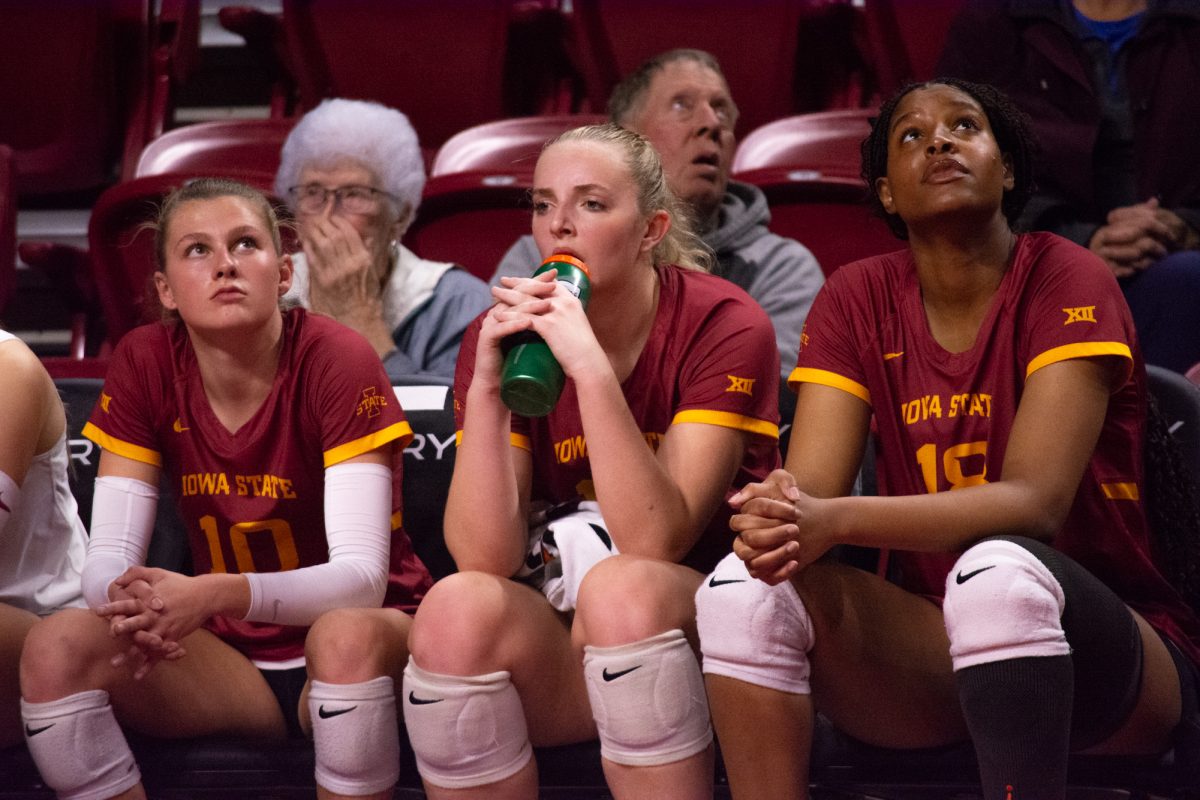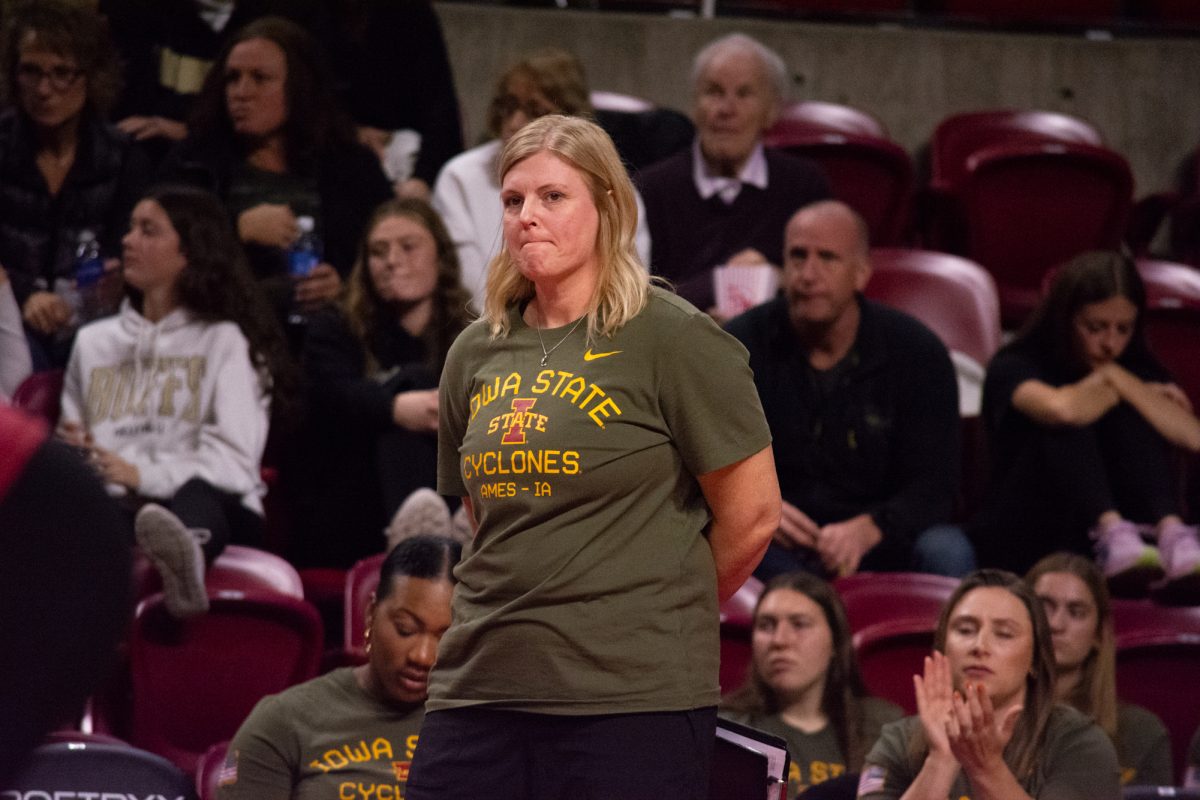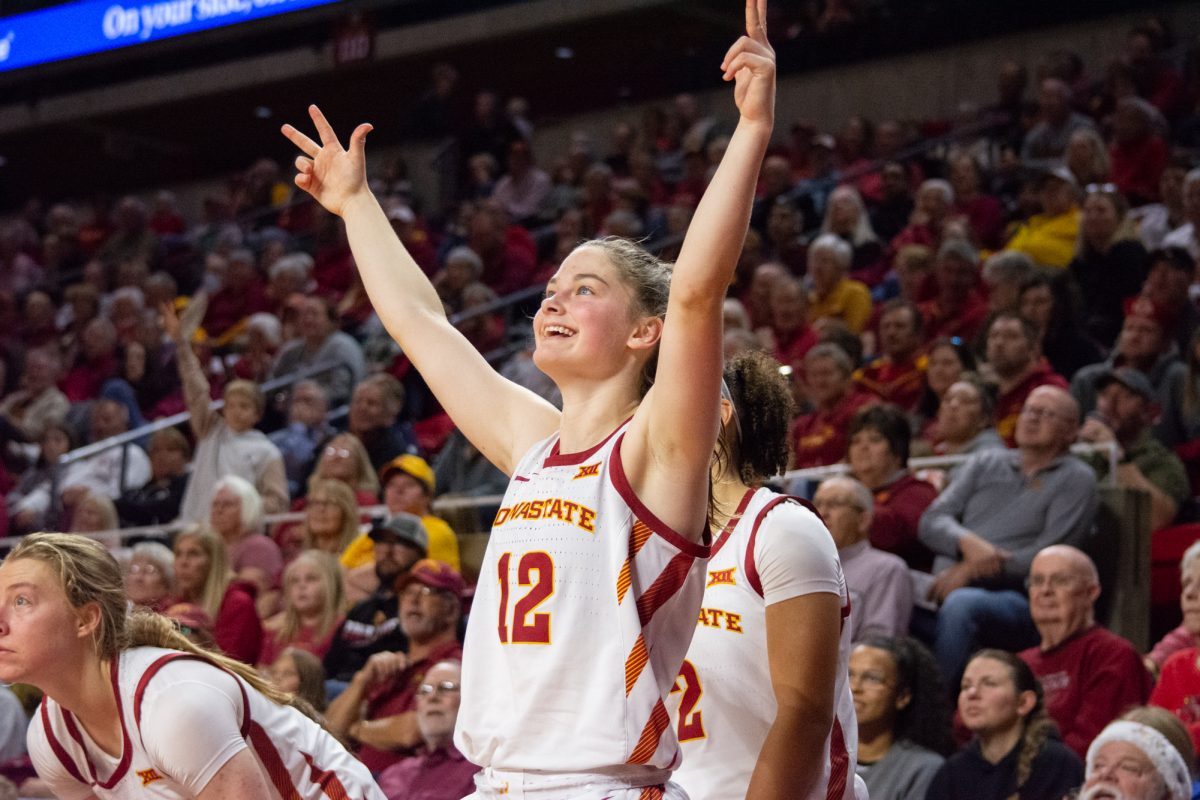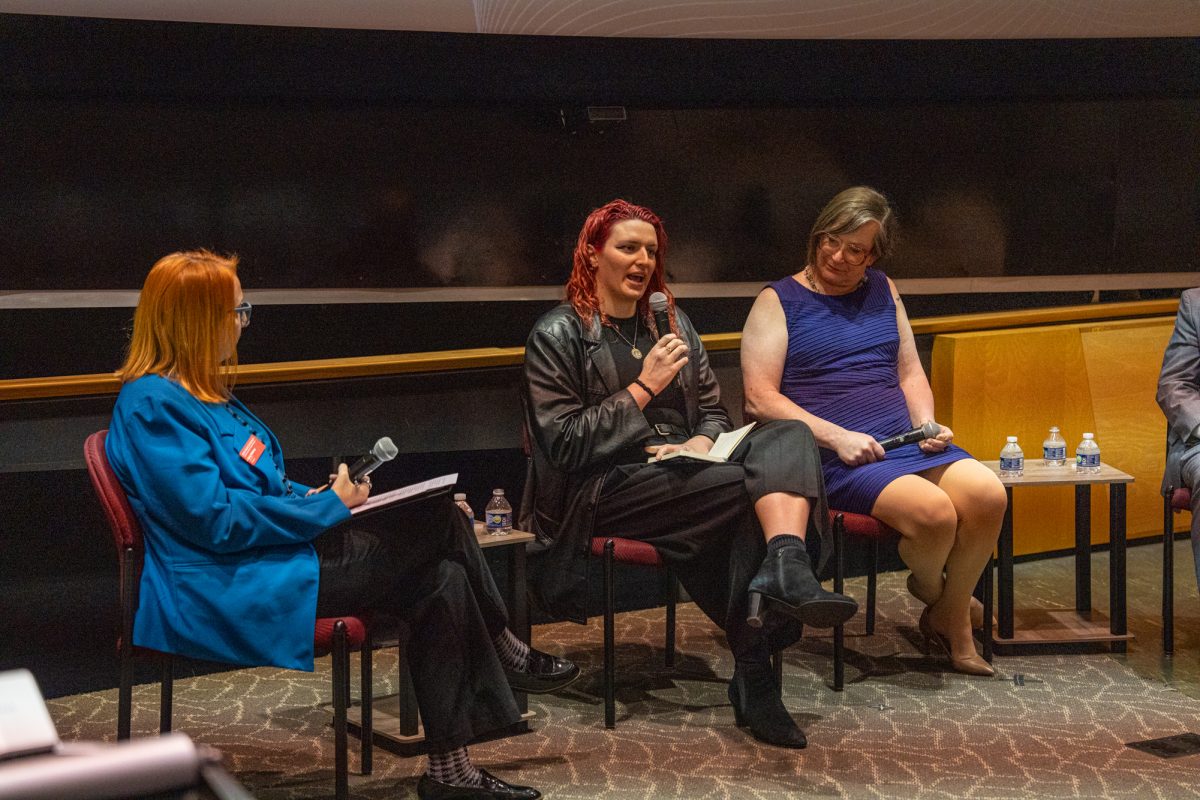Who’s wondering now?
October 3, 1996
As many wonder about the appointment of Derrick Rollins as Diversity Advisor to the President and his cabinet, what comes to mind is a historical parallel that might be both instructive and predictive of what Derrick’s appointment could possibly mean.
During 1953 — 1954, as the legendary case that made segregation in our public schools illegal, Brown v. Board of Education, was working its way through our judicial system, President Dwight David Eisenhower appointed Earl Warren as Chief Judge of the United States Supreme Court.
The appointment was met with wide-spread criticism from all quarters. Many felt most vehemently that there were far better qualified and experienced jurists that should have been appointed and deserved to be on the bench.
Ultimately, the appointment was criticized as essentially political. Warren was, after all, a bit of a California politician.
Yet, Warren surprised everyone, including Eisenhower.
It was Warren who built a coalition among the judges on the court to get the Brown case unanimously passed.
He was the bridge, the common ground in whom the judges found the courage to do the right thing.
It was the Warren Supreme Court that effectively helped us reinvent our society by means of favorable interpretations of the cases before the court coupled with a re-examination and ostensibly a reversing of long-standing common law traditions.
The Court was indeed helped by talented and committed citizens (of every race and hue), primarily spearheaded by a young NAACP lawyer named Thurgood Marshall, who continually challenged the Court to make the tough call, to make the right decision.
As Thurgood so eloquently put it: what “simple justice” required.
Today, when one considers the cry and bewilderment at the appointment of Derrick from some quarters, now tempered by his memo on Catt Hall calling upon the president and his cabinet to lead the university in the direction of doing the right thing, to change the name, one wonders.
This might not have been such a bad appointment after all.
Regardless of one’s perspective, as one who has worked closely with Derrick over the last two years, I can say that he may not be an expert on diversity, but he has lived and experienced the full impact of diversity’s reach.
His experience has given him a compassion, an understanding, and most of all, a commitment.
His life is a testimony to that commitment. All who know Derrick know this to be true.
In my view, Derrick’s real value is not in being a diversity advisor, but a diversity facilitator.
Whether it is because he speaks that “voodoo that engineers speak,” or simply because of this excellent character and academic acumen, the president respects Derrick (as does his cabinet).
In like fashion, the students sense his real commitment and value his efforts.
As such, Derrick is blessed with a real opportunity; an opportunity to make it possible for the many diverse voices that constitute this environment we all share to have a real chance to be heard and to influence the events and decisions that have substantial impact upon their lives.
I applaud the President for the appointment,
I will applaud him even more if he gives Derrick the room to make a difference.
Muhammad Abdullah
Former Minority Liaison Coordinator
Former Academic Advisor, College of
Liberal Arts and Sciences
Iowa State University






